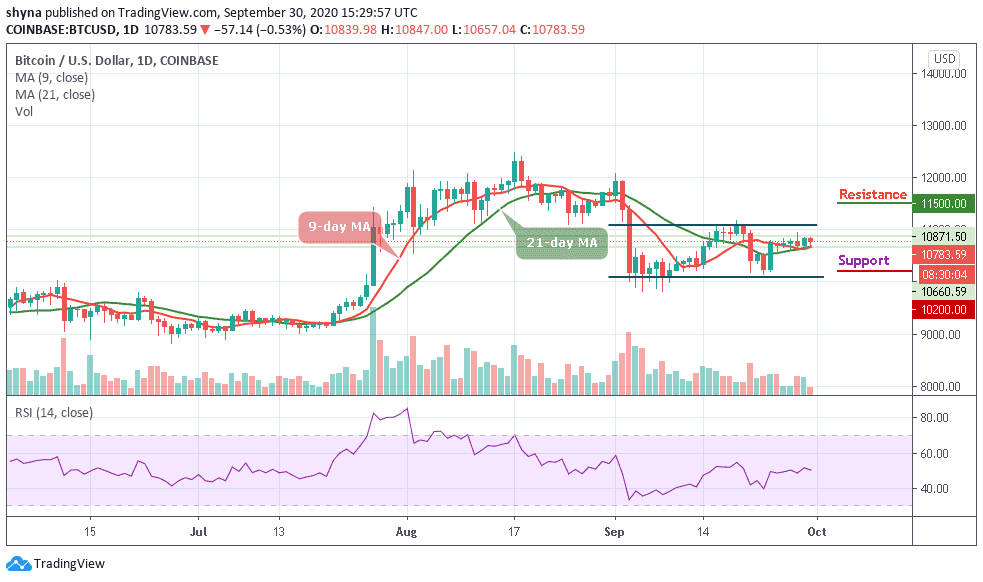Join Our Telegram channel to stay up to date on breaking news coverage
Blockchain is finding more use cases in the public space, with more countries adopting innovative technology in numerous ways. In Singapore, the government is applying it to improve its healthcare system, as it recently developed a digital healthcare identification system using the underpinning technology infrastructure.
A Collective Effort
Earlier today, ZDNet reported that SGInnovate, a government-owned investment firm, has partnered with local startup accelerator Accredify to develop a blockchain-based digital health passport. The project, which began in May, will provide a blockchain-secured digital wallet that will allow for healthcare facilities to store citizen’s medical data.
The partners reportedly launched a pilot program in July, with results showing that the app could manage and verify digitized healthcare documents – including coronavirus swab results, discharge memos, and vaccination records. The pilot program included introducing the health passport app as an update to the FWMOMCASE app, owned by the Ministry of Manpower. The app, which launched in May, helps the government track migrant workers’ daily health status.
Speaking on the platform, Simon Gordon, SGInnovative’s Deputy Director, explained that the pandemic forced the government to recognize a need for large-sale medical records management. With this platform, they can ensure a trusted authentication process.
The new digital health passport runs on the Open Attestation platform – an open-sourced framework that used blockchain to notarize documents. The platform is the brainchild of GovTech, the Singapore government’s Chief Information Office.
Both partners have touted the app’s potential to eliminate paper-based record keeping and improve records’ security.
“Digital Health Passport leverages blockchain technology to generate tamper-proof cryptographic protections for each medical document. Users can automatically verify the digital records via a mobile app and present it to officials via QR code, for a quick and seamless verification process,” they explained.
Samsung’s Pharmaceutical Tracing Pilots Set for November
Singapore’s new digital health passport is only the latest iteration of blockchain being applied to improve the global health space. Earlier this week, South Korean news source Yankup confirmed that tech giant Samsung would launch several pilot projects in November to test blockchain-based medicine distribution management.
The report explained that these tests would be helmed by Samsung SDS, the tech giant’s information technology research arm. Tagged “Disruptive innovation technology for tracking drug distribution history,” they will focus on improving transparency in tracking pharmaceutical products’ movements.
Lee Eun-young, a Senior Researcher at Samsung SDS, explained that the pilot tests would run between three to six months. He opined that drug distribution history management could help with regulatory compliance and improve business innovation by implementing product-specific history management, accurate reporting, and distribution history tracking.
The company’s officials added that the pilots would include an IoT-linked temperature history tracking device and automatic history management for goods. The objective is to minimize manual input, improve returns verification, and use a secure database to enhance product collections.
With several hospitals and drug distribution companies already lining up to test the program, it will be worth noting how much it can accomplish.
Read more:
Join Our Telegram channel to stay up to date on breaking news coverage


